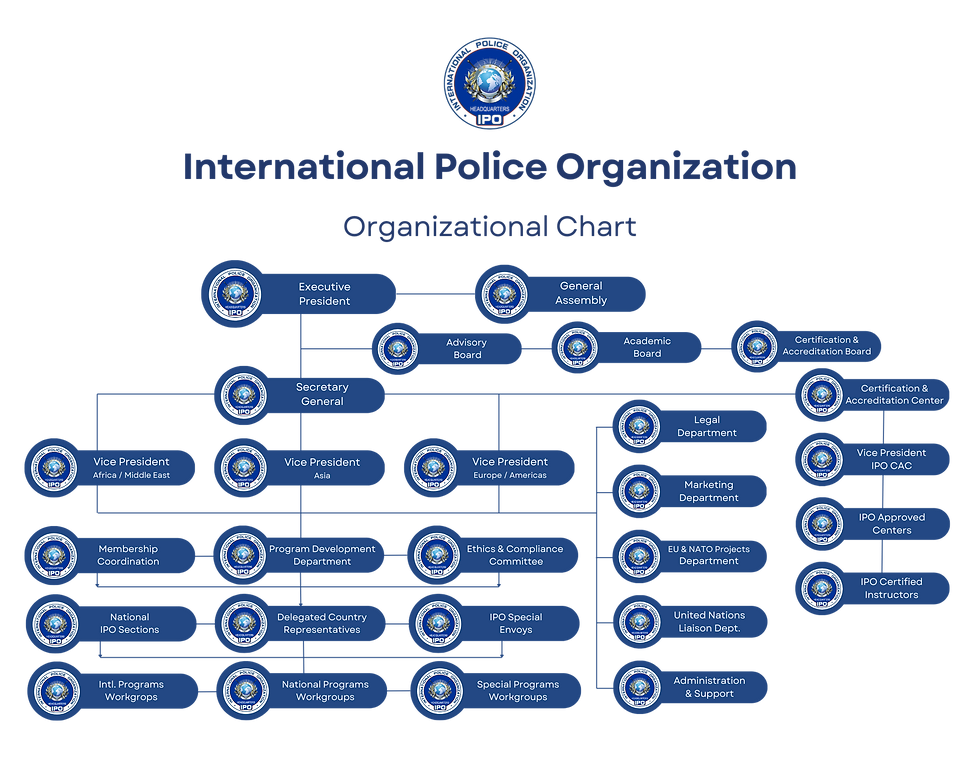CRIMINAL PSYCHOLOGY
- Jan 12, 2022
- 4 min read
By Sanela Nikolic, Police Officer, Crime Analyst

-
Towards the next webinar, the theme in this short article will be criminal psychology.
Criminal psychology is the study of the views, thoughts, intentions, actions, and reactions of criminals and all who participate in criminal behavior.
Criminal psychologists seek to understand the motivations of criminals and develop a psychological profile to understand or apprehend them. Criminal psychologists can be used to do investigative work, like examine photographs of a crime, or conduct an interview with a suspect. When comparing criminal psychology and forensic psychology, it’s important to understand key differences, both between themselves and the typical paths that lead to each other.
Forensic psychology is a subfield of psychology and involves the application of psychological knowledge and methods to both civil and criminal legal questions. Forensic psychologists assess behavioral, emotional, and psychological problems and disorders. They write reports discussing criminal profiles, criminal responsibility, and mental status. While criminal psychology focuses on criminal behavior, forensic psychology includes criminal and civil law, work in prisons, at-risk youth counseling, and academic research.
Criminal profiling is an investigative strategy used by law enforcement agencies to identify likely suspects and has been used by investigators to link cases that may have been committed by the same perpetrator. Criminal profiling is an investigative methodology based on the analysis of available information relating to a crime. It is an important law enforcement tool in solving crime. Profiling narrows the field of investigation by indicating the kind of person most likely to have committed a crime by focusing on certain behavioral and personality characteristics.
The most interesting is the criminal profiling of the serial killer. A serial killer is defined as a person who murders three or more people, usually with over a month of cooling down between murders. The murders must be separate events that are primarily driven by a psychological thrill or pleasure. Serial killers most often lack empathy and guilt and are egocentric individuals. They often employ a “mask of sanity” to hide their sociopathic pathology and may appear normal or even charming.
Many serial killers come from highly dysfunctional families, sometimes with generations of criminal, psychiatric, drug or alcohol abuse histories. These killers often have struggled through physical, sexual, and mental abuse during childhood and adolescence, typically by a relative or family friend. The abuse leaves the victim with feelings of shame, humiliation, helplessness, and anger. Many times, serial killers use these abusers as their initial victims.

PERSONALITY ANTI-SOCIAL DISORDER it is a personality disorder characterized mainly by non-compliance and violation of the rights of others that occur in an adult, at least 15 years old. Childhood is usually characterized by small thefts, lies, and clashes with those who represent authority. Adolescence is generally marked by episodes of substance abuse (marijuana, cocaine, heroin), violent gestures towards people or animals.
When a child tortures small animals, this can be one of the most significant warning signs of major mental health issues.
When children torture or kill small animals like rabbits, birds, cats, and dogs without showing remorse, there’s an increased probability that they may evolve into sociopaths.
A common motivation found in serial killers is that they kill as the ultimate control over others’ lives, and as children, small animals are the only lives that they have the power to control, so they practice.
ARE SERIAL KILLERS SOCIOPATHS?
Unlike murders of passion, anger, revenge, or part of another crime, serial killers are typically sociopaths. Sociopaths are missing essential parts of what makes a person human: the ability to empathize with the pain and suffering of others. The sociopath has the capacity to hide in plain sight as a productive and trustworthy member of society.
The sociopath:
- Impulsive
- Unpredictable
- They may be able to bond with like-minded people
- They will hardly keep a long-term job
Many people confuse mass murder and serial murder, but they’re very different crimes, typically committed by individuals with vastly different end games. Mass murders can also be called killing sprees, hate crimes, or workplace violence. In a mass murder, the goal or objective is to kill as many people as possible in one event.
Criminal psychology is very important in every crime because a psychological profile is a tool that can help crime investigators by telling them the kind of perpetrator they are seeking. A psychological profile is built through evidence from the scene of the crime, which is integrated into psychological theory.
Forensic researchers have built a body of knowledge based upon interviews with criminals and data from a wide range and number of crimes. It is important that the profiler has access to all the information about a crime, from witness statements and analysis of physical evidence to photography and autopsy findings.
A perpetrator does not leave behind just physical evidence like fingerprints at the scene when he or she commits a crime.
About all this and more, we will talk in the next webinar.
See you soon.
By Sanela Nikolic, Police Officer, Crime Analyst
IPO Headquarters - Coordination Director






Comments